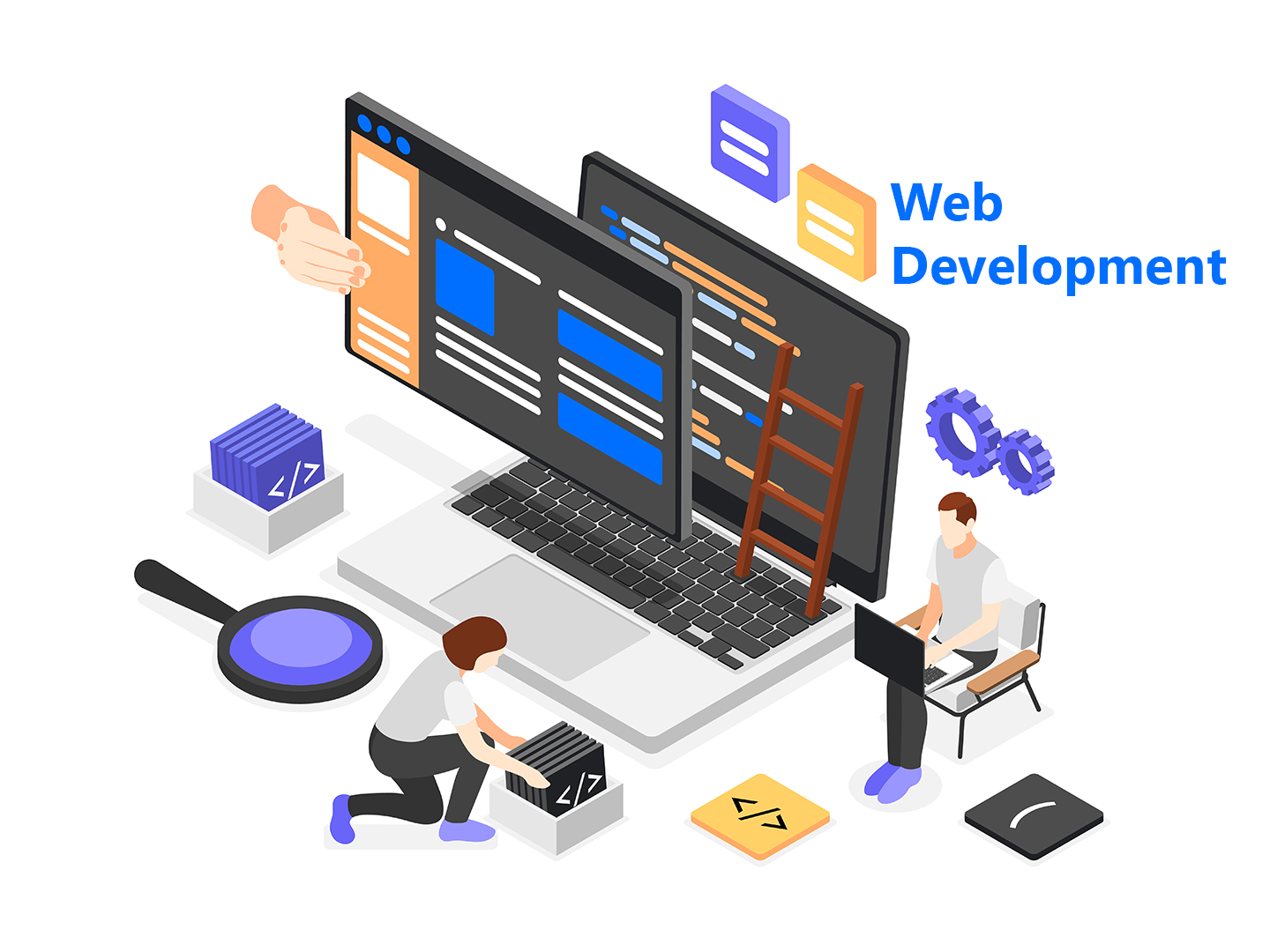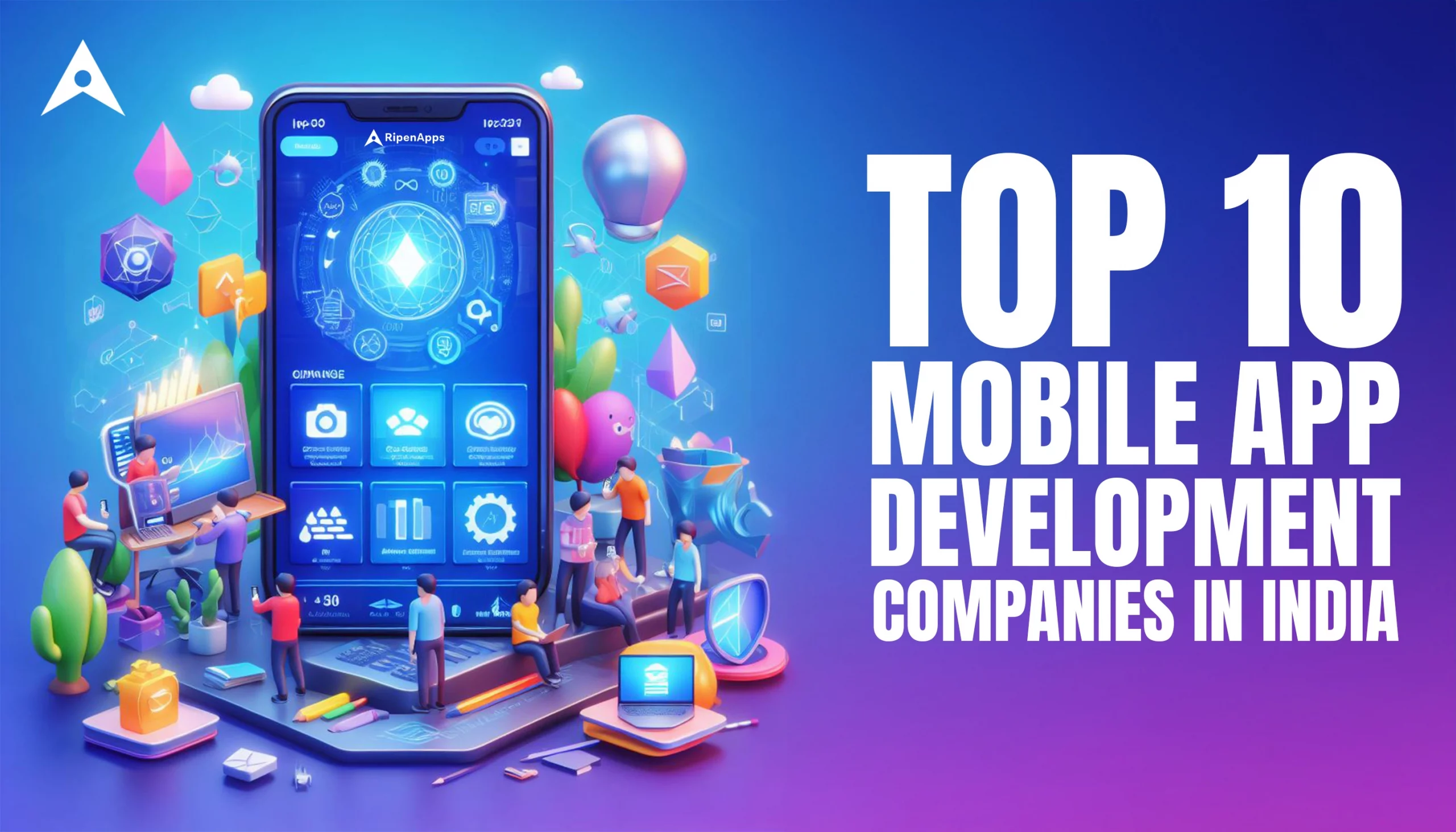
Android app development is the process of creating mobile applications for the Android operating system, which is used on millions of devices worldwide. The Android platform is open-source, which means developers have access to a wide range of tools and resources to create innovative apps.
Here are some steps involved in Android app development:
Idea and Concept: The first step is to come up with an idea for the app and define its purpose, features, and target audience. This could involve conducting market research and analyzing the competition.
Wireframing and Design: Next, the developer will create wireframes and design mockups for the app, which provide a visual representation of how the app will look and function.
Development: Once the design is approved, the developer will start coding the app using Java or Kotlin programming languages. They may also use development frameworks such as Android Studio to speed up the process.
Testing: Throughout the development process, the app will be tested to identify and fix any bugs or errors. This involves both manual and automated testing, which ensures that the app functions correctly on a variety of devices and operating system versions.
Deployment: After testing is complete, the app is ready for deployment on the Google Play Store or other app marketplaces. The developer will need to create an account, upload the app, and provide all necessary information such as the app description, screenshots, and pricing.
Maintenance: Once the app is live, the developer will need to monitor it for bugs and issues and release updates to fix any problems. This also involves monitoring user feedback and making improvements based on user reviews and ratings.
Java or Kotlin: Java has been the traditional language for Android app development, but Kotlin has gained popularity in recent years due to its more concise syntax and improved error handling. Developers may choose one language over the other based on their personal preference and project requirements.
Android SDK: The Android SDK (Software Development Kit) provides developers with the tools and resources they need to build Android apps. This includes development frameworks, APIs for accessing device features, and emulator tools for testing apps on virtual devices.
Material Design: Material Design is a design language developed by Google for creating visually appealing and user-friendly apps. It provides guidelines and best practices for designing app interfaces that are consistent across different devices and screen sizes.
Security: Android app developers need to pay attention to security best practices to ensure that their apps are safe and secure for users. This includes using encryption, secure authentication, and implementing measures to prevent hacking and data breaches.
Monetization: There are various ways to monetize Android apps, such as selling the app itself, offering in-app purchases, or displaying ads. Developers need to consider their target audience and the purpose of the app when deciding on a monetization strategy.
User feedback: User feedback is critical to the success of an Android app. Developers should encourage users to provide feedback and take it into consideration when making updates to the app.
 Best Mobile App Development Company in Delhi NCR | Oprezo India
Best Mobile App Development Company in Delhi NCR | Oprezo India
 Top Web Development Services in Delhi/NCR | Oprezo India – React JS, Angular JS, eCommerce & More
Top Web Development Services in Delhi/NCR | Oprezo India – React JS, Angular JS, eCommerce & More
 Top Mobile App Development Company in Delhi / NCR | Oprezo India
Top Mobile App Development Company in Delhi / NCR | Oprezo India
 Mobile App Development in Delhi - Android, iOS, Hybrid & Flutter | Oprezo India
Mobile App Development in Delhi - Android, iOS, Hybrid & Flutter | Oprezo India
 Why Oprezo India is the Best Web Development Partner in Delhi NCR?
Why Oprezo India is the Best Web Development Partner in Delhi NCR?